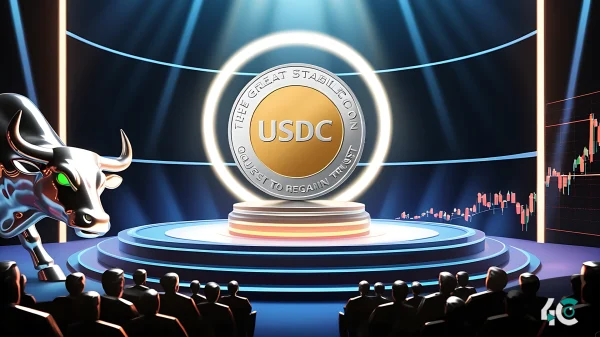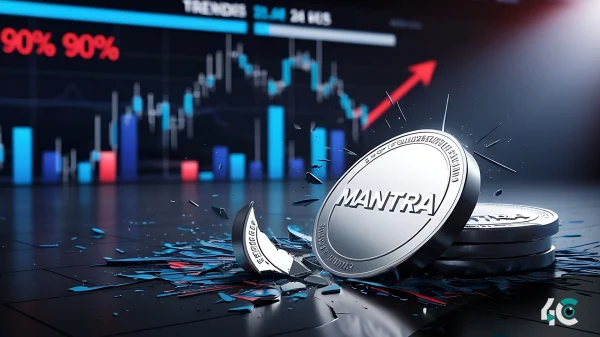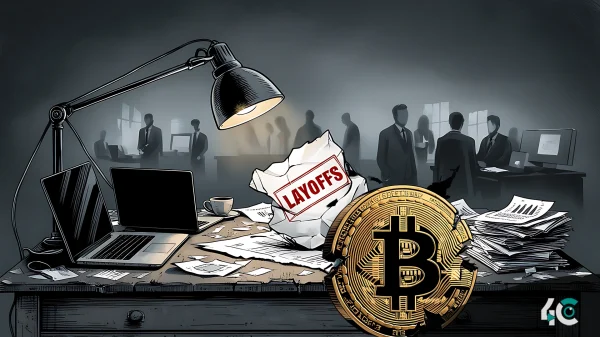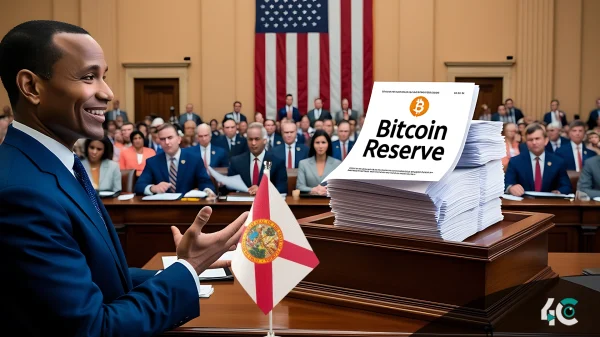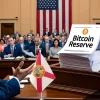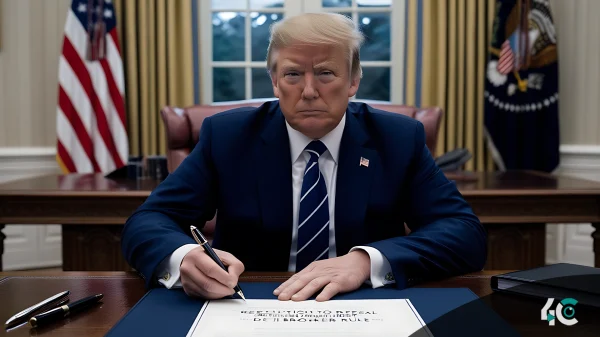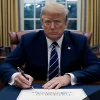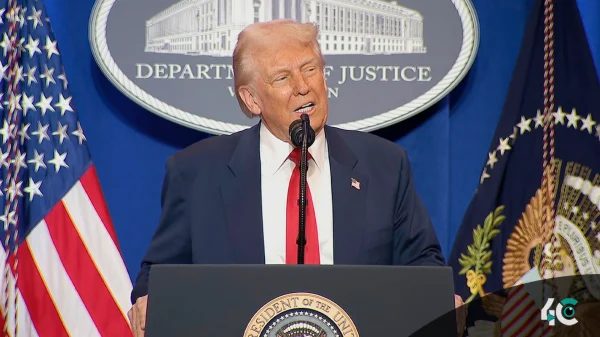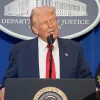The CFTC is investigating the legality of Super Bowl-related event contracts issued by Crypto.com and prediction market platform Kalshi. The investigation aims to determine whether these contracts adhere to derivatives trading standards or if they fall under the gaming category, requiring a different regulatory approach.
According to reports, Crypto.com informed the CFTC in December of its intention to publish these contracts, but the agency did not have enough time to analyze them before they were released. The CFTC is now investigating these offerings to see if they can be manipulated and if they comply with the legal framework governing derivatives.
Despite the regulatory ambiguity, Crypto.com continues to believe that its contracts are lawful. The business has committed to continue cooperating with the CFTC while retaining their Super Bowl trading offerings. “We firmly believe in the legality of our events contracts and that the CFTC is the appropriate regulatory body to oversee them,” a Crypto.com spokeswoman added.
Meanwhile, Kalshi has launched Super Bowl prediction markets, allowing users to trade on game outcomes and advertising seen during the event. The site reported millions of dollars in trading volume for these contracts. However, it is unclear whether the CFTC would impose limits on these offerings in the future.
In addition to the changing landscape, Robinhood has lately joined the market by offering comparable Super Bowl event contracts through its relationship with Kalshi. This move raises the question of whether the brokerage will also face regulatory investigation. Robinhood previously launched event contracts for political outcomes, raising concerns about the regulatory distinction between trading and gambling.
The CFTC’s review procedure takes 90 days, so any regulatory action is likely to occur after the Super Bowl. However, the government retains the power to place restrictions on these contracts in the future based on its findings.
As the market for event-based contracts grows, regulators face new hurdles in defining and monitoring these financial instruments. The findings of this investigation could have far-reaching ramifications for the future of sports prediction markets and the larger event-based trading industry.



